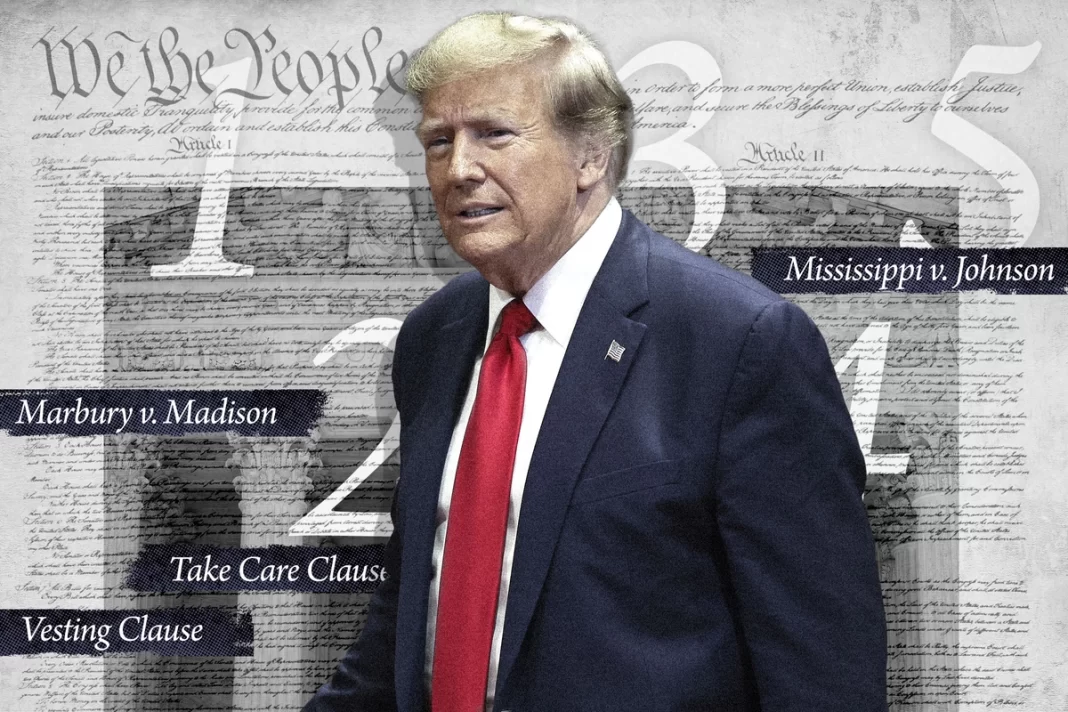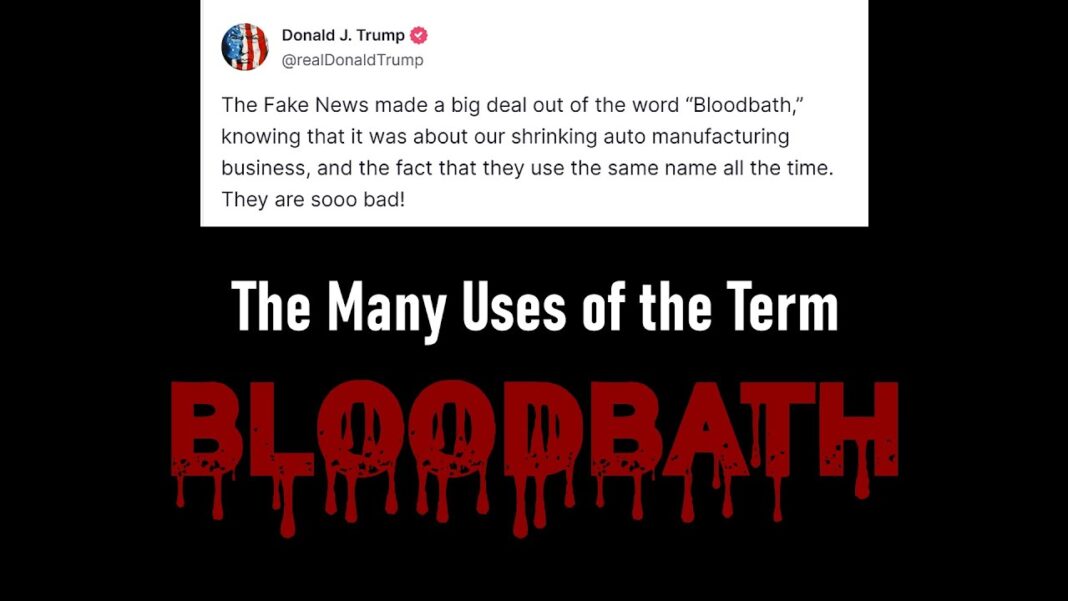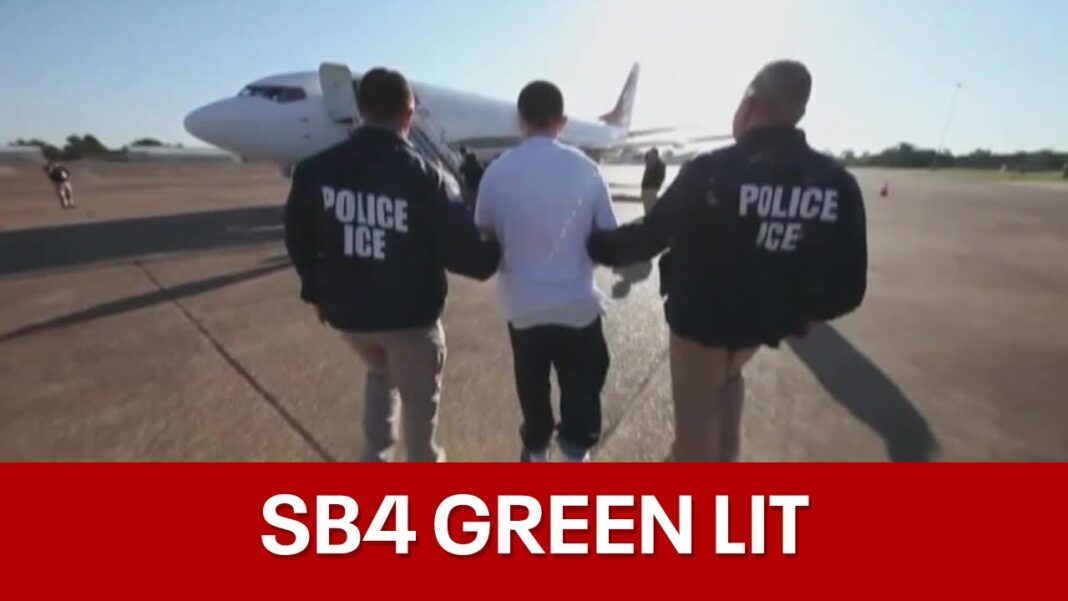The court will likely wrestle with separation of powers, the definition of ‘official acts,’ and how curbing immunity could affect executive decision-making.
The Supreme Court is set to hear oral arguments on April 25 in President Donald Trump’s appeal arguing that he is immune from criminal prosecution in the case brought by special counsel Jack Smith.
The top court will examine what presidential immunity covers and how it should affect the nation’s separation of powers in future administrations.
Prior cases haven’t definitively established whether presidents enjoy immunity from prosecution over alleged criminal acts. Instead, the court has historically upheld a level of presidential independence and ruled in the 1982 decision of Nixon v. Fitzgerald that a president enjoys absolute immunity from civil liability for acts that fall within the “outer perimeter” of his official duties.
President Trump has argued that immunity should extend to alleged criminal acts. Special counsel Jack Smith and the U.S. Court of Appeals for the District of Columbia Circuit were concerned, however, that widening the scope of immunity that far would undermine the separation of powers and allow presidents to get away with egregious wrongdoing.
The circuit court ultimately rejected President Trump’s immunity request in a unanimous decision.
Embedded in these broader debates is a series of questions about the Constitution, its history, and the relationship between the executive and judicial branches. Below are five key questions that have arisen in legal briefs and that the Supreme Court might consider.
1. Part of Official Duties?
The core of Mr. Smith’s prosecution, on behalf of the Department of Justice, rests on President Trump’s activities leading up to and on Jan. 6, 2021, as well as whether his actions constituted attempts to defraud the United States.
More specifically, Mr. Smith’s indictment alleges that President Trump attempted to fraudulently forestall congressional proceedings on Jan. 6, 2021, through the vice president, his advisors, and false electors.
President Trump has denied wrongdoing but also maintained that all of the indicted actions alleged fell within the scope of his official acts, making them immune from prosecution. In his original motion to dismiss, President Trump described his indicted actions as, among other things, part of his duties to ensure election integrity. His motion states that the nature of an act, not President Trump’s motives, should determine whether it’s covered by immunity.
By Sam Dorman









